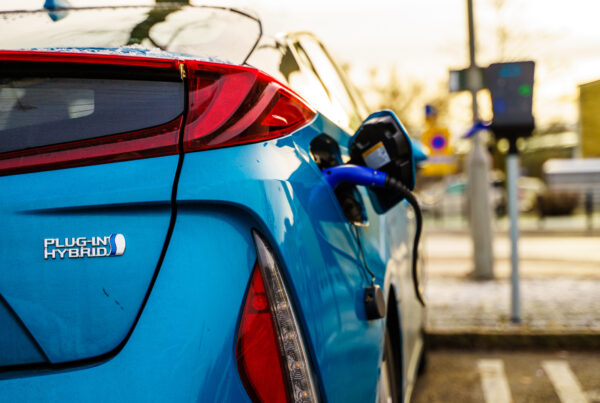There are growing calls for coordinated government action to support electric vehicles, as plans to build Australia’s largest network of EV charging stations start to become a reality.
Last week Australian start-up Chargefox announced it had successfully raised $15 million to build a ultra-rapid network of charging stations across Australia – which represents a huge boost for the industry both now and in the years to go.
“Our network of ultra-rapid charging stations will play a significant part in improving the infrastructure of this country and remove one of the major barriers that limits the adoption of EVs,” Chargefox’s CEO Marty Andrews said at the time.
But while some local and state government support is welcome, a “national conversation” across all levels of government is needed, says Jake Whitehead, a research fellow in the School of Civil Engineering at the University of Queensland (UQ).
With 85 per cent of transport emissions coming from road transport, and about half of that coming from cars, greater uptake of electric vehicles “could make a massive difference” to lowering Australia’s overall emissions, Dr Whitehead says.
Beyond the environmental impact, he argues governments face a moral imperative to support the cleaner transport technology given the public health impact of cars.
“More people in Australia are killed every year from motor vehicle pollution than motor vehicle accidents, it’s about 40 per cent more premature deaths,” he says.
Despite the potential benefits, the uptake of electric vehicles still remains low in Australia.
A report conducted in June this year by the Electric Vehicle Council and ClimateWorks Australia showed just 2,284 electric cars were sold in Australia in 2017, though this represented a 67 per cent increase on the previous year. Opinion is mixed on how governments can best support the uptake of electric vehicles.
Susan Harris, CEO of Intelligent Transport Systems, which represents suppliers, government agencies and researchers, says “the mood in Australia is probably less likely to move to incentives in the way Europe has.”




















